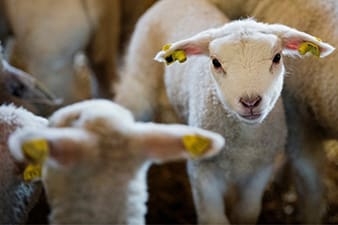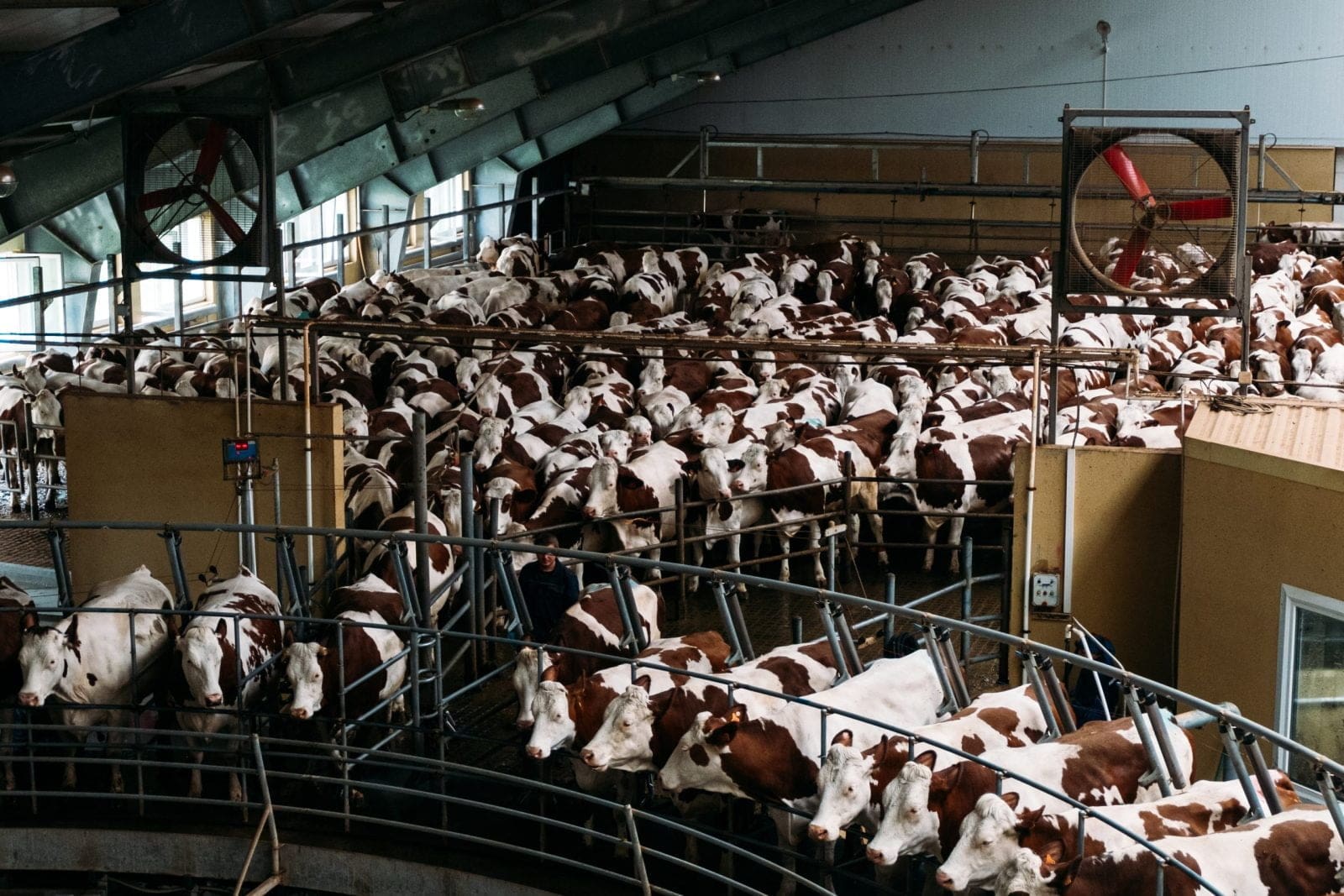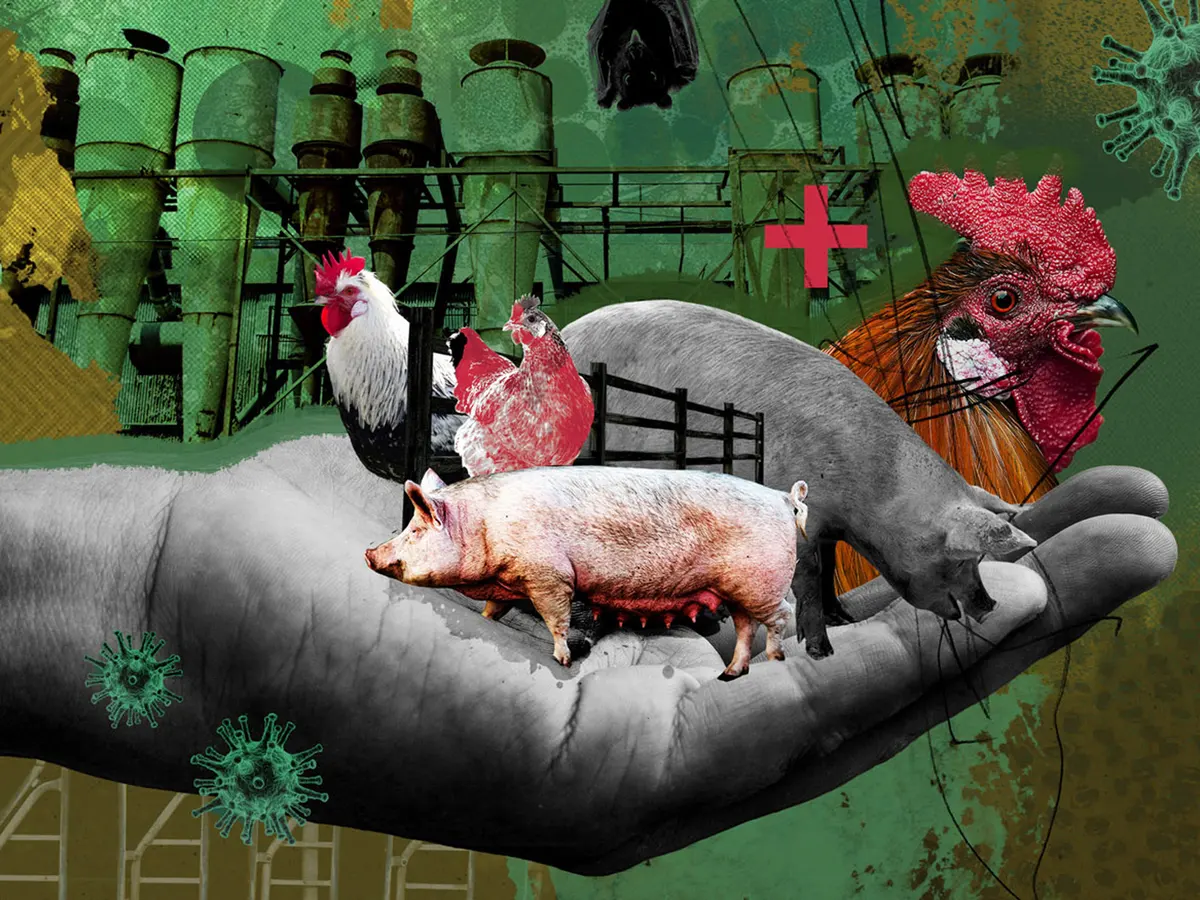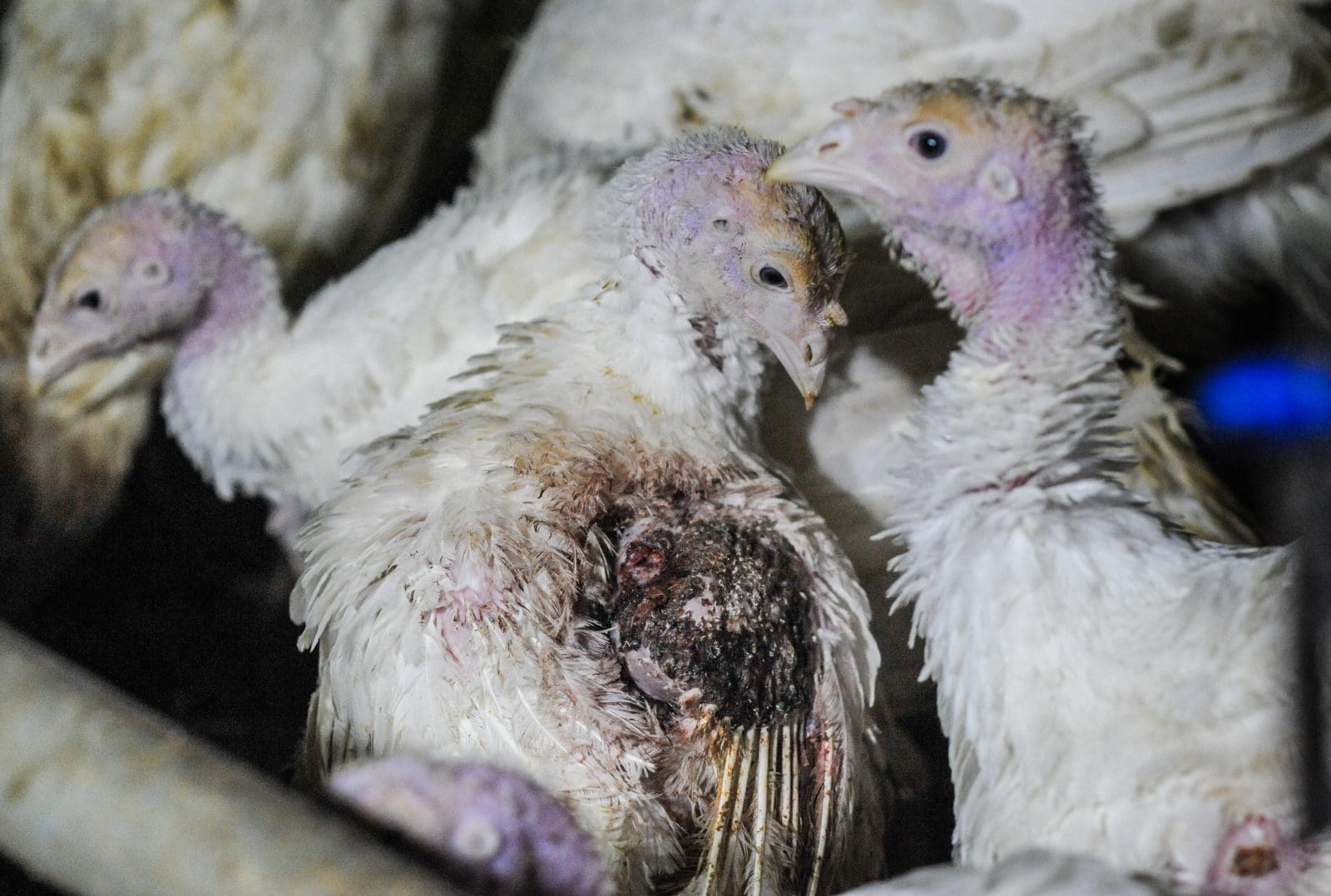D'Liewensmëttelwahlen, déi mir all Dag treffen, hunn déifgräifend Konsequenze fir de Planéit. Eng Ernährung mat vill Déiereprodukter – wéi Fleesch, Mëllechprodukter an Eeër – gehéiert zu den Haaptursaachen fir d'Ëmweltverschmotzung a dréit zu Treibhausgasemissiounen, Entbëschung, Waasserknappheet a Verschmotzung bäi. Déi industriell Véizuucht erfuerdert enorm Quantitéiten u Land, Waasser an Energie, wat se zu engem vun de ressourcenintensivsten Systemer op der Äerd mécht. Am Géigesaz dozou erfuerderen planzbaséiert Ernärungen typescherweis manner natierlech Ressourcen a produzéieren e wesentlech méi klenge Foussofdrock.
Den Ëmweltimpakt vun der Ernährung geet iwwer de Klimawandel eraus. Intensiv Déierelandwirtschaft beschleunegt de Verloscht vun der Biodiversitéit andeems se Bëscher, Fiichtgebidder a Grasflächen a Monokultur-Fudderkulturen ëmwandelt, wärend se och de Buedem a Waasserweeër mat Dünger, Pestiziden an Déiereoffäll kontaminéiert. Dës zerstéierend Praktiken stéieren net nëmmen déi empfindlech Ökosystemer, mä menacéieren och d'Liewensmëttelsécherheet andeems se d'Widderstandsfäegkeet vun den natierleche Ressourcen, déi fir zukünfteg Generatiounen gebraucht ginn, ënnergruewen.
Duerch d'Ënnersichung vum Zesummenhang tëscht deem wat mir iessen an sengem ökologesche Schued ënnersträicht dës Kategorie den dréngende Besoin fir global Liewensmëttelsystemer nei ze iwwerdenken. Et ënnersträicht, wéi den Iwwergank zu méi nohaltege Ernährungsmuster – andeems pflanzlech, regional a minimal veraarbechte Liewensmëttel favoriséiert ginn – Ëmweltschued reduzéiere kann an gläichzäiteg d'mënschlech Gesondheet fërdert. Schlussendlech ass d'Ännere vun der Ernährung net nëmmen eng perséinlech Wiel, mä och e staarken Akt vun der Ëmweltverantwortung.
An enger Welt wou Fleesch dominéiert Trips a Palates, seng Roll ass, wéi en Diät-Ecksteen ass selten a Fro gestallt. Wéi och ëmmer, mat der Gruffer vun de Gesondheet an Ëmfeld vun de Gesondheetszefriddenheet Suergen, d'Spillkittriitter ass op d'Risiken ze balquisativ Verbraucht. Mat senge Seng Linarque, g chstronesch Krankheeten wéi Häerzerkrankheeten op hir Impakt op den Auswierkungen an de Cholerolen a Cholerolen a Cholerol. D'Gesellschaftsmooss, Gesondheet, d'Ëmweltkraaft vun Inspiréiere Fleegproduktioun - Dreestatiounen, Waasserkampitatiounen, a grénge Gasaarbechter - Drufinatiounen fir Ännerungen. Dësen Artikel Trend denkt firwat Fleeschwierk net nëmmen eng Mënschheet ënnerstëtzt awer och Fermerabilitéit. Entdeckt wéi d'Planz-baséiert Diäten déi all wesentlech Nährstoffer ubidden wärend d'Longvitéit an ökologesch Harmonie-e zwingende Fall fir exzessiv Fleeschverbrauch ze bidden






















































